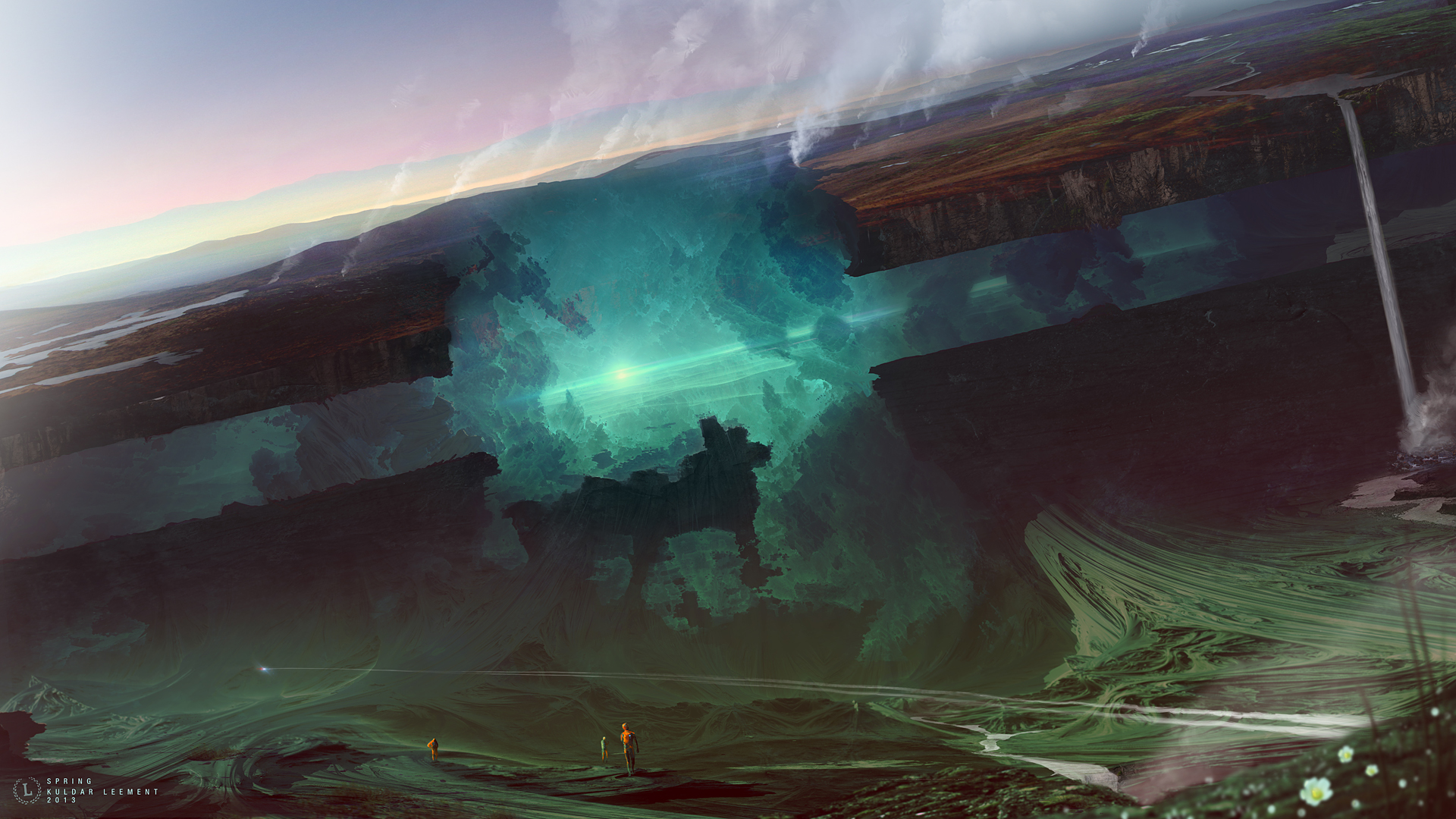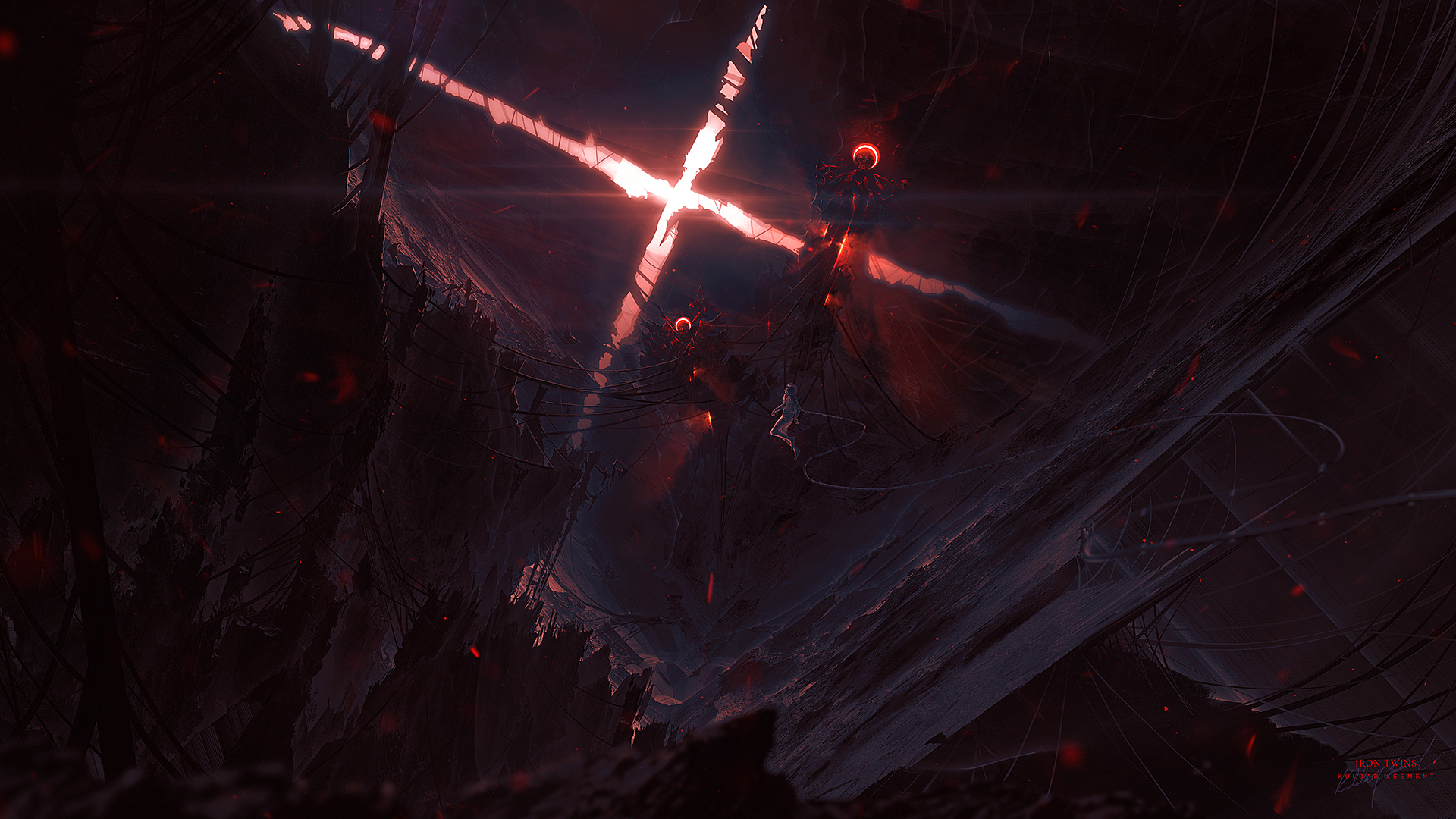VlaudTheImpaler
tl;dr
This pleases me greatly.
Opens up so many opportunities for interesting environments, enemies, scenarios, weapons, gear, situations, anomalies and so on.
I want to see some weird sci-fi stuff.
BTW. When I think of science fantasy, I think of stuff like,







Just sci-fi stuff that is generally more flashy, mysterious and grand for no given reason. Stuff that doesn't make me go, yeah, that looks like something I think I'd see... Stuff that leaves lots of holes for my imagination to fill.
Theoretically, pretty much anything could potentially be explained. I don't think we need to get rid of science fantasy as a genre all together because of that though.
To me, fantasy is where I can go and be immersed in wonder and mystery without having everyone and their brother try to explain to me or others why x does/doesn't work because of y reason.
To me, Science Fantasy is just a way of conveying the sub genre. It lets me know that it's fantasy with a sci-fi setting.
Choosing to go with Science Fantasy doesn't just let the writers and designers off the hook, it lets me as a player and my imagination off the hook of reality as well allowing me to immerse myself even further without so many stumbling blocks because x thing doesn't make sense and I, for one, can appreciate that.
Opens up so many opportunities for interesting environments, enemies, scenarios, weapons, gear, situations, anomalies and so on.
I want to see some weird sci-fi stuff.
BTW. When I think of science fantasy, I think of stuff like,







Just sci-fi stuff that is generally more flashy, mysterious and grand for no given reason. Stuff that doesn't make me go, yeah, that looks like something I think I'd see... Stuff that leaves lots of holes for my imagination to fill.
Theoretically, pretty much anything could potentially be explained. I don't think we need to get rid of science fantasy as a genre all together because of that though.
To me, fantasy is where I can go and be immersed in wonder and mystery without having everyone and their brother try to explain to me or others why x does/doesn't work because of y reason.
To me, Science Fantasy is just a way of conveying the sub genre. It lets me know that it's fantasy with a sci-fi setting.
Choosing to go with Science Fantasy doesn't just let the writers and designers off the hook, it lets me as a player and my imagination off the hook of reality as well allowing me to immerse myself even further without so many stumbling blocks because x thing doesn't make sense and I, for one, can appreciate that.

